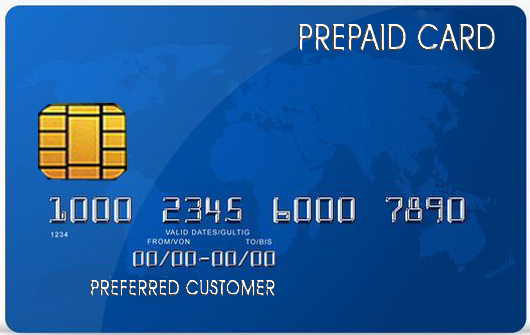There are many questions people should ask themselves when conducting business with strangers. Is the person honest? Is the business reputable? If I give my credit card information to the salesperson or type it into a website, will that person make unauthorized charges? There’s a way to reduce the potential harm a stranger can cause to a person’s credit card, and it doesn’t involve avoiding purchases altogether.
Credit cards usually offer a user protection against unauthorized charges, but what if a person provides access to a card for one purpose and it ends up being used for another? Free trials run out, subscription periods end, and hackers gain access to credit card information from legitimate businesses. Credit card information often remains in a business’s computer system for some time, even when service from that company is no longer desired. If a person is counting on the available balance on a credit card to make a purchase, but an unauthorized charge gobbles up the credit line, that individual may have to delay the purchase. The credit card company may cancel the card to prevent additional unauthorized charges and issue another, but the process isn’t instantaneous. This can prove troublesome when a needed purchase is time-sensitive such as a vehicle repair, home repair, or medical procedure and the credit card is the only source of money during a difficult time. One way to avoid potential harm from unwanted charges on a credit card is to use a prepaid card.
A prepaid card can be purchased with cash at many stores nationwide. To buy one, a person picks up a card from a rack at a store, takes it to a cashier, and adds whatever amount to the card that he or she intends to use, such as $25. The card has no personally identifiable information and can be discarded when the balance is used up. If a thief gains access to the card, or a business tries to charge an amount beyond the intent of a purchase, the card can only offer the cash balance available.
The card is also useful when someone wants to take advantage of a free service without providing credit card information as a payment source. Many online services require a credit card to be on file even when a basic service is offered for free. Gaming, digital entertainment, social media, and other web-based services want a user’s credit card information for future purchases, even when a person only intends to take advantage of a free offer. When a prepaid card is used for this purpose, the business only has access to the balance on the card and can’t collect information about the user based on information from the credit card because the card contains no such data.
If the available balance on the card is a small amount, such as $5, then the maximum amount someone can charge on the card is $5. This can be particularly useful when someone wants to get a pushy sales person off the phone or away from the front door, but doesn’t have the emotional strength to say no.
Fear is a powerful motivator, and a skilled salesbully can badger good people into submission with offers or threats. Giving that bully the information from a prepaid card can get the undesirable individual to go away, at least in the short-term. Once the person is gone, the victim can call for help, either from a family member or the police if the bully made threats.
While a standard credit card is probably best for most purchases, there are those times when a prepaid card might come in handy. Consider purchasing one and keeping it on hand just in case the need to use it arises.
